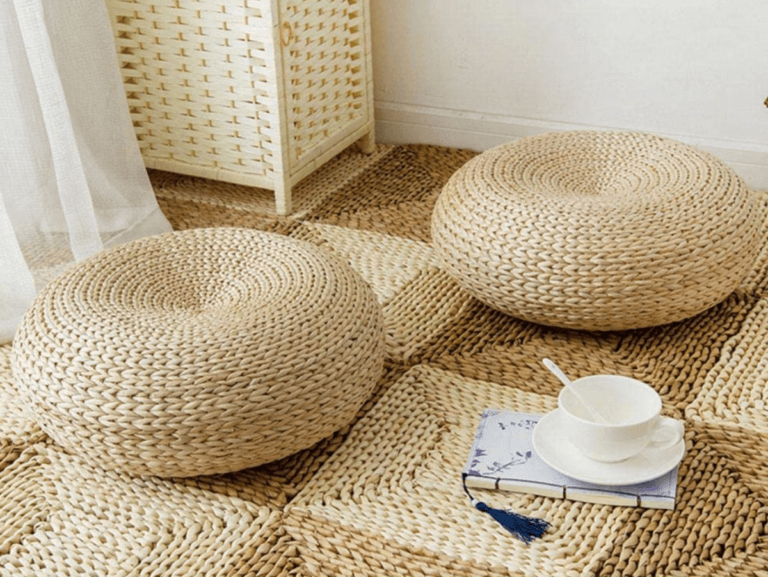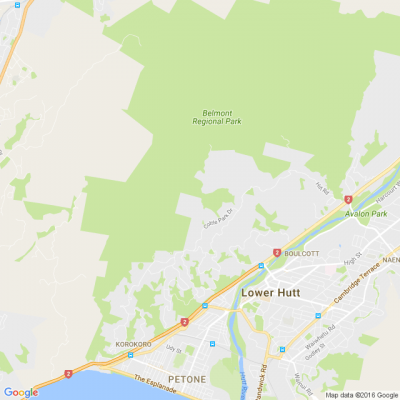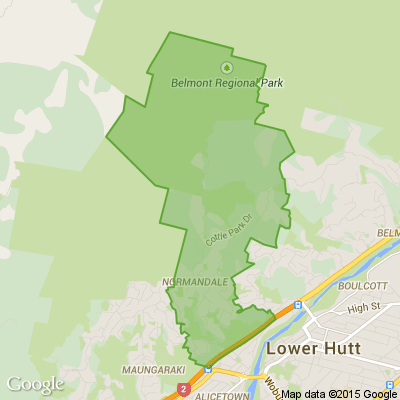Jumping for Jute!
Jute is a natural fibre with golden & silky shine, and hence nicknamed as The Golden Fibre.
Jute is one of the most versatile natural fibres that has been used in raw materials for packaging, textiles, non-textile, and agricultural sectors.
Jute is a vegetable plant whose fibres are dried in long strips, and it’s one of the cheapest natural materials available; together with cotton, it is one of the most frequently used.
The plants from which jute is obtained grow mainly in warm and humid regions, such as Bangladesh, China, and India.
Jute can be grown year-round and is harvested every six months. It can take decades to produce the same volume of wood fibre and it requires much larger tracts of land to cultivate.
The woody core of the jute plant, called hurd, has thousands of potential industrial and commercial uses. As an alternative to wood, hurd is capable of meeting most of the world’s demand for wood and wood products. Using hurd and jute fibres means that the level of deforestation to meet the current demand for paper and wood could be significantly decreased if they were used as an alternative.
Jute is 100% biodegradable (it degrades biologically in 1 to 2 years), low-energy recyclable, and can even be used as compost for the garden. It is clear in terms of reusability and recyclability that jute bags are one of the best options available nowadays.
Jute fibres are tougher and more resilient than paper made from wood pulp and can withstand prolonged exposure to water and weather. They can be reused many times and are thus very environmentally friendly.
The application of jute is a significant step in combating the use of different materials containing toxic wastes. Jute bags cut down the employment of plastic bags, which have now been effectively banned in many countries due to their harmful components. Jute seems to be one of the best alternatives to it.
We hope you enjoyed learning about Jute as much as we did, we would love to hear your comments! We have more interesting reads on our blog: www.curtainclean.co.nz...

scumbags
There are some really awful people around at the moment. This is what happened on Sunday.
We live in Hinemoa Street opposite the Waiwhetu Stream. At around 3.40 in the afternoon I was looking out my window and saw a car pull up and start to feed the geese and ducks out the window. Then The passenger an asian man jumped out and threw himself onto a goose. he picked it up and put it the boot of the car.
I immediately ran over and stood in front of his car to stop him moving I also called my husband to help. A lovely man was riding his bike and saw it and stopped to help me. The driver tried to drive into me but I didnt move. He tried telling us it was his pet. These are wild geese.
They had a cage in the boot and some wire all ready to catch the poor bird like they have done it before. My husband took the bird from the car and released it. I then moved out of the way and after lots of abuse from the driver they drove off threatening to come back and get more.
No one should be allowed to take these beautiful birds and certainly not like this. they are all starting to have wee babies at the moment the whole thing was so upsetting to me. Another neighbour further down the road also saw it all happen.
Please keep a look out for this car and if you see them by the stream go over and watch them lets all stop this happening.
What's your favourite recipe for courgettes?
Kia ora neighbours. If you've got a family recipe for courgettes, we'd love to see it and maybe publish it in our magazine. Send your recipe to mailbox@nzgardener.co.nz, and if we use it in the mag, you will receive a free copy of our January 2025 issue.

The tiger who came to tea
Trays are such a useful item to have in the home – they are obviously great for serving food and drinks, particularly breakfast in bed! Find out how to create your own with Resene wallpaper and Resene Colorwood wood stain with these easy step by step instructions.










 Loading…
Loading…




















